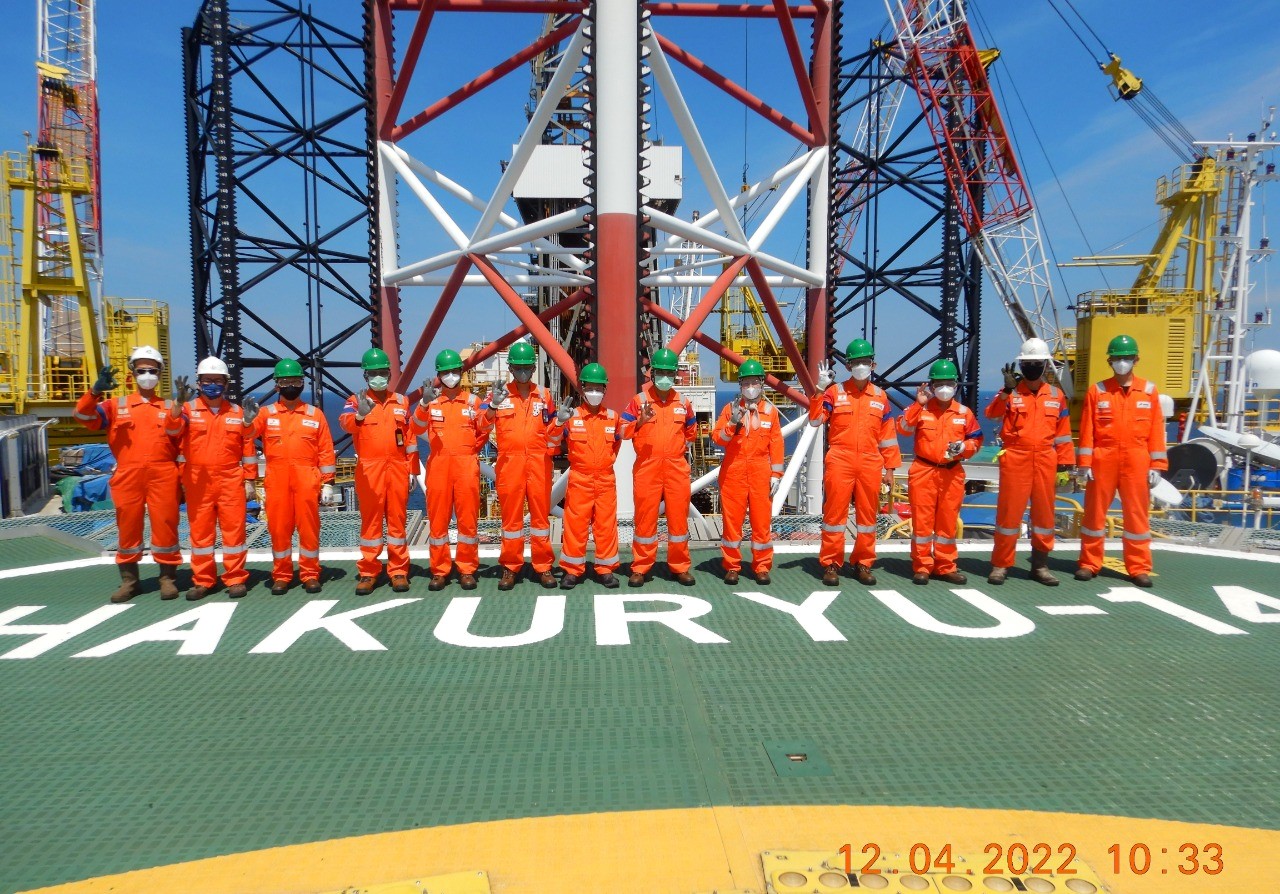
Pertamina's Upstream Subholding Commitment to Maintain Oil and Gas Production in Delta Mahakam
Balikpapan, April 18, 2022 - Subholding Upstream Pertamina, through PT Pertamina Hulu Indonesia as Kalimantan Region, is committed to maintain oil and gas production from fields in Kalimantan.
Since 1974, the Mahakam Working Area (WK) has begun to be produced and reached peak production in the early 2000s era and experienced a fairly high decline rate or natural decline.
"To maintain production levels, we are making various efforts, including borderless operations, ultra-deep Bekapai, and the Manpatu well development, which is an exploration well. The Manpatu well is in process, with a target of 80 MMSCFD in 2026," said Chalid Said Salim, President Director of PT Pertamina Hulu Indonesia, Kalimantan Region, during a visit to the Senipah, Peciko & South Mahakam (SPS) fields, (12/04).
Furthermore, Chalid added that for the 2021 achievement, gas produced by PT Pertamina Hulu Mahakam (PHM) reached 526 MMSCFD or 102% of the RKAP and 24,800 BOPD of oil, 108% of the RKAP.
"The 2022 outlook has a gas production target of 508 MMSCFD and oil production of 23,700 BOPD and a target of 97 wells drilled in 2022," he said.
Wiko Migantoro, Director of Development & Production of PT Pertamina Hulu Energi, on the same occasion said, that the Upstream Subholding Pertamina, as an energy fighter on the upstream side, wherein current conditions are very necessary to carry out value creation of efficiency and optimization so that it can help Pertamina's overall business ecosystem.
"We appreciate the efforts made by all of our fellow officers. After seeing it firsthand, I am optimistic that we can complete the targets that have been set," said Wiko.
Meanwhile, Rinaldi Firmansyah, Commissioner of PT Pertamina Hulu Energi, said that currently Pertamina has become the majority that controls national oil and gas production, so it is necessary to activate other businesses because if Pertamina is disrupted, national production will also be disrupted.
"The cost optimization carried out by the Kalimantan Region is very good and positive. Therefore, it can be continued and transmitted to other regions," stated Rinaldi.**